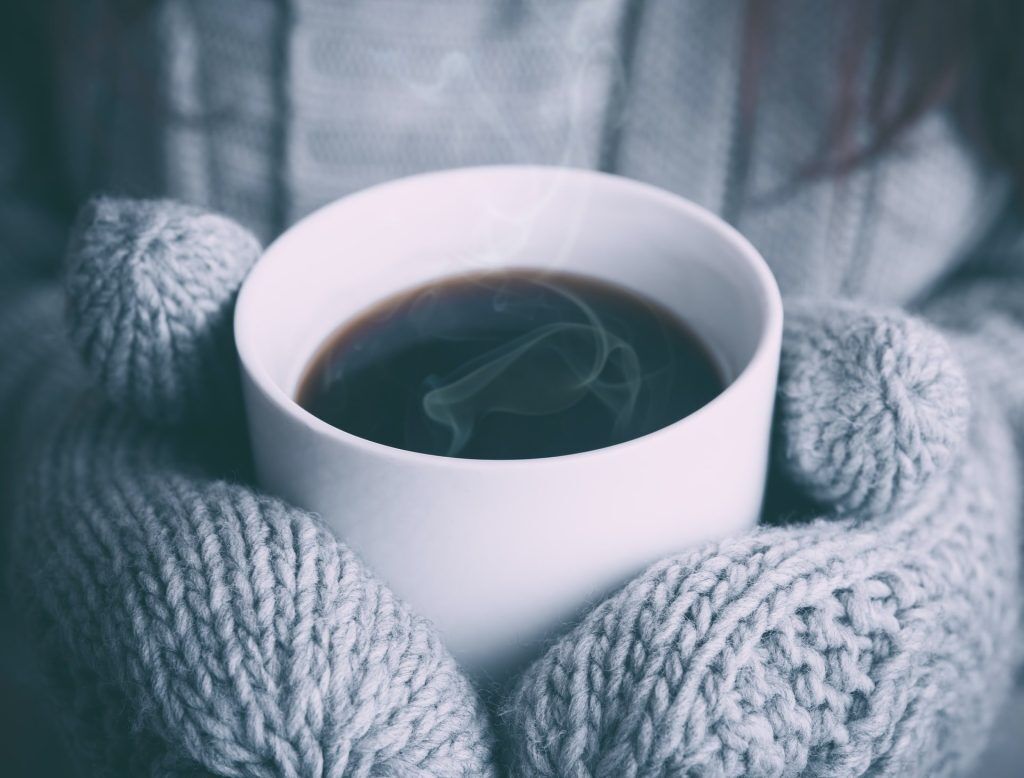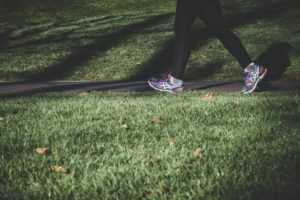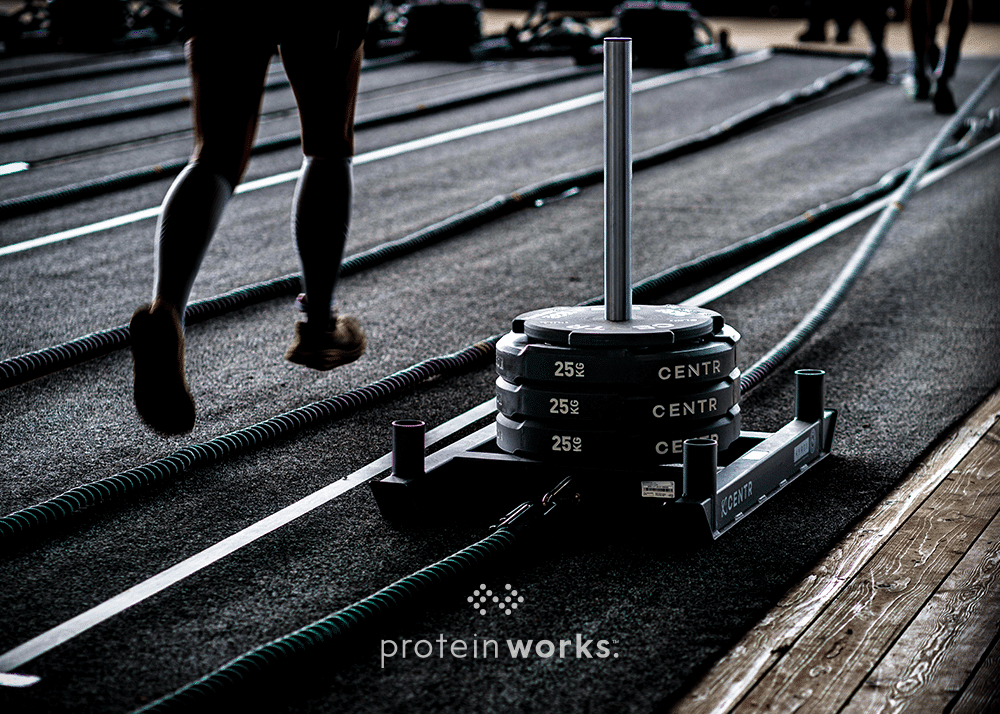
Should Christmas Day Be A Day Of Rest?
There are most certainly no right or wrong answers to this question. If exercise is something you enjoy then why wouldn’t you want to treat yourself to a refreshing 5k on Christmas morning. Physical activity can have a positive impact on mood due to the endorphins released, inducing euphoria in the brain [1], so this could even benefit your hosting skills if it gets you feeling jolly!
Equally, our relationships with food and fitness have become intrinsically linked to feelings of guilt. With Christmas indulgence, it is tempting to overcompensate due to feeling as though you are falling off track. Rest assured, taking time off is not going to make a difference to the progress you’ve made if you have already been consistent over the last year. Plus, there are so many reasons why Christmas could be the perfect rest day!
 Friends and family
Friends and family
Spending time with friends and family this year is more important than ever. After having our face-to-face interaction limited due to social distancing, savour these moments and soak up the festivities. The best memories are made with the people close to you, not your dumbbells.
Food Glorious Food
Studies have shown that consuming a higher number of calories over a short period of a few days can assist with recovery, strength and long-term weight loss goals. High calorie re-feeds particularly boost the metabolic rate in people who are active and tend to restrict their calorie intake [2]. So, plate up to receive all the benefits.
The importance of rest
Resting is severely underrated in the fitness world, with a focus on “no pain, no gain”, many of us tend to neglect our recovery. Rest is just as important to include in a training plan, as it allows us to replenish energy stores and repair damaged tissue, enabling muscles to become stronger. High intensity exercise also increases our stress hormone, cortisol. This can affect our sleep and cause mood issues, impacting on our recovery and mental health, so it is important to take a break to reduce these effects. Most people will come back feeling refreshed and even stronger, and for others the lost progress is regained rapidly [3].

Grab some extra zzz
Many people will feel the urge to squeeze in a workout early in the morning, which feels productive, but doesn’t take into consideration the importance of sleep. Sleep deprivation can increase cortisol and affect hormone levels which affect the ability to recover and build muscle. Lack of sleep can also increase chance of obesity, as it can alter glucose metabolism, decrease energy levels and increase appetite [4]. The good news is, all the negative outcomes can be reversed by extra sleep, so the holidays might be the perfect time to catch up on this.
Motivation
Some of us tend to fall into a rut with our training, so taking time out at the end of the year helps us to reset and reflect on our fitness. It is possible that working out can become a chore, so taking a break will hopefully leave you raring to go in the New Year. Take the time to review your progress and set new goals for upcoming year.
Final thoughts
Don’t let pressure from people around you stop you exercising if you want to. If you’re feeling that post-meal bloat and need to get moving, throw on your best winter woollies and head outside for a low intensity walk. Going for a walk after a large meal has been found to aid digestion by speeding up the rate that food moves from the stomach to the small intestine, along with lowering blood sugar levels [5,6]. Not only that, but it is also a great social activity that everyone can benefit from.
- Mikkelsen, K., Stojanovska, L., Polenakovic, M., Bosevski, M. and Apostolopoulos, V., 2017. Exercise and mental health. Maturitas, 106, pp.48-56.
- Dirlewanger, M., Di Vetta, V., Guenat, E., Battilana, P., Seematter, G., Schneiter, P., Jequier, E. and Tappy, L., 2000. Effects of short-term carbohydrate or fat overfeeding on energy expenditure and plasma leptin concentrations in healthy female subjects. International journal of obesity, 24(11), pp.1413-1418.
- Mallon, J., The De-Load–Guide to Recovery.
- Knutson, K.L., Spiegel, K., Penev, P. and Van Cauter, E., 2007. The metabolic consequences of sleep deprivation. Sleep medicine reviews, 11(3), pp.163-178.
- Franke, A., Harder, H., Orth, A.K., Zitzmann, S. and Singer, M.V., 2008. Postprandial walking but not consumption of alcoholic digestifs or espresso accelerates gastric emptying in healthy volunteers. Journal of Gastrointestinal and Liver Diseases, 17(1), p.27.
- Martin, D., 2011. Physical activity benefits and risks on the gastrointestinal system. Southern medical journal, 104(12), pp.831-837.


 Friends and family
Friends and family




No Comments yet!